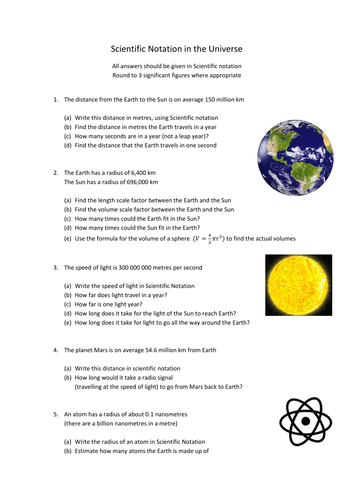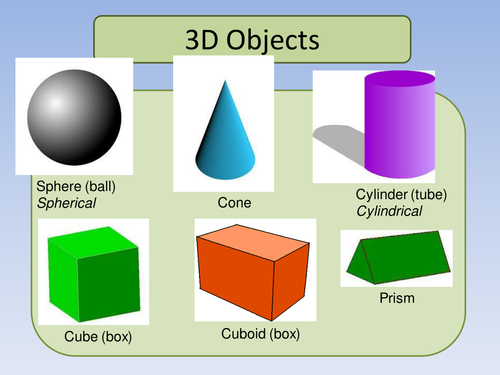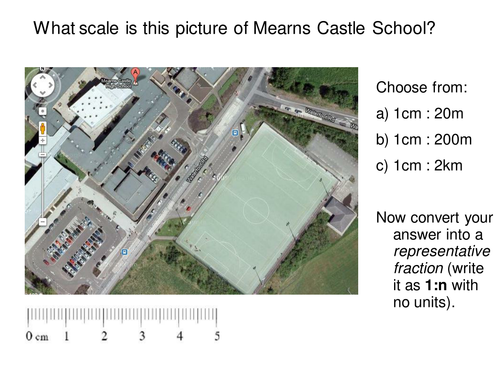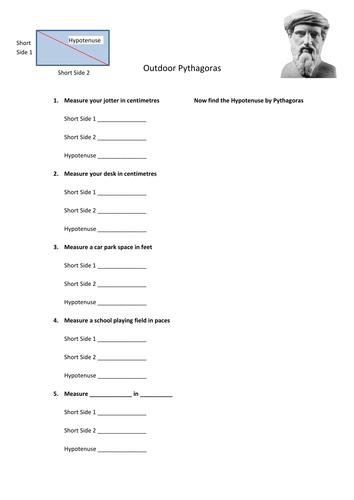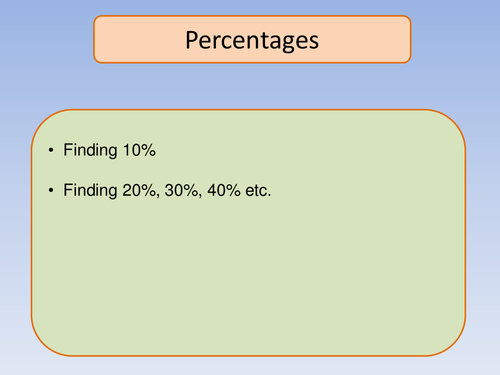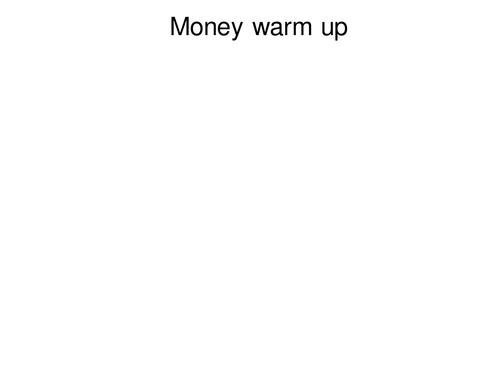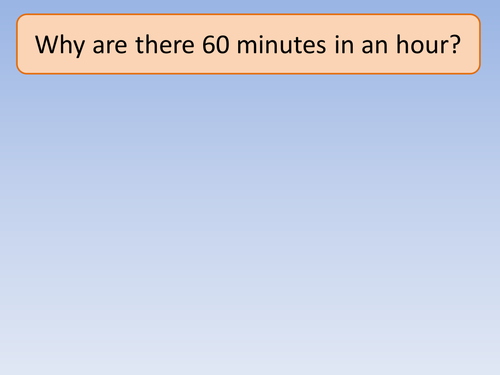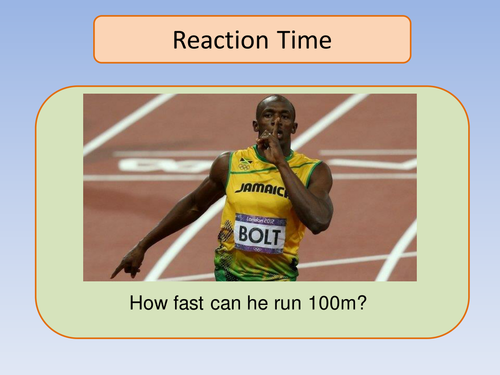Dh2119's Maths Resources Shop
I provide comprehensive worksheets to revise a particular topic (always with answers included) as well as extension materials, for pupils ranging from age about 11 to 16+. All of my premium resources have a UK and US version.













